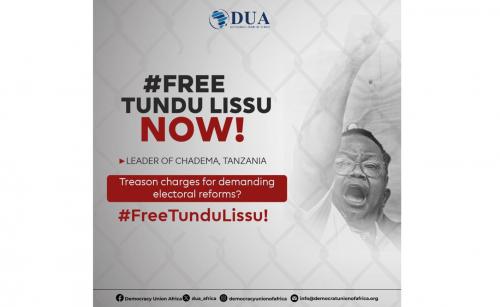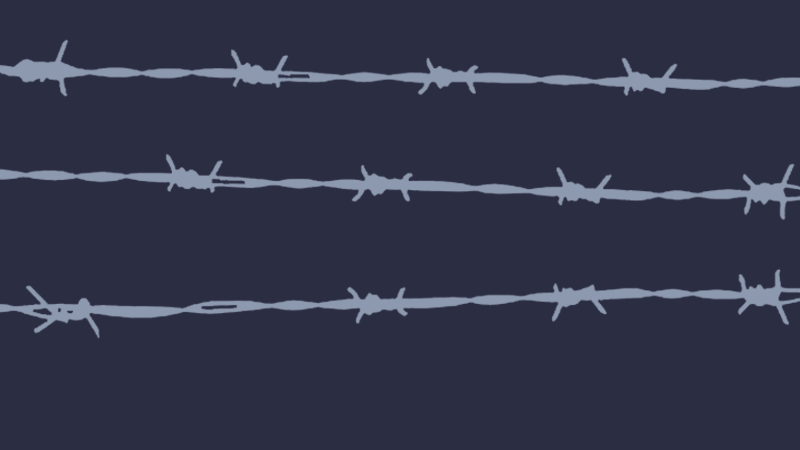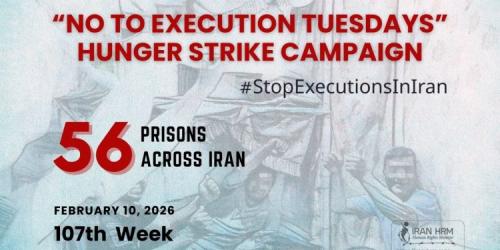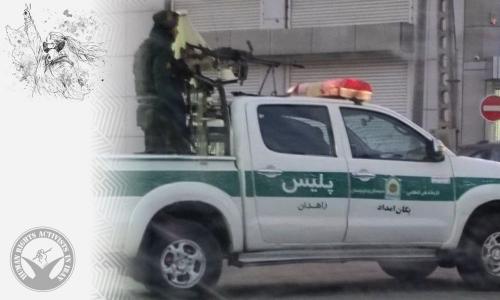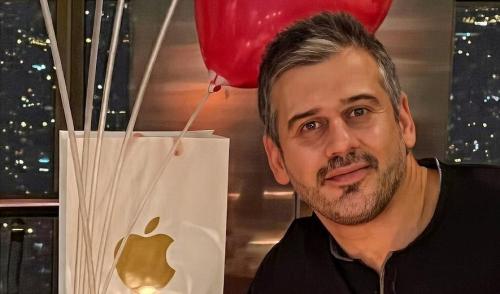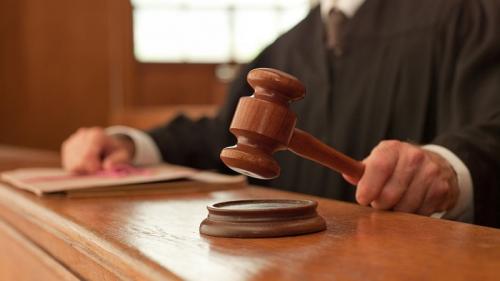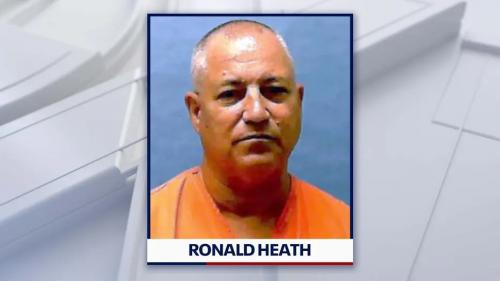01 July 2025 :
The leader of Chadema, Tundu Lissu, has been on “death row” for three months: who will save the man who dreams of a different Tanzania?
He is only allowed to speak to lawyers in the presence of officers. The most serious charge is “high treason”.
Foreign Affairs - by Valerio Fioravanti
29 June 2025
While at Villa Pamphili last week Giorgia Meloni[1] and Ursula von der Leyen[2] were receiving important African delegations to finalise “The Mattei Plan for Africa”[3], the opposition leader of one of the invited countries, Tanzania, was in jail, on death row, on an undocumented charge of “high treason”.
Italians know little of Tanzania, but some names echo old tales or fascinating nature documentaries: Zanzibar, Dar es Salaam, Lake Victoria and Lake Tanganyika, Gombe National Park, where Jane Goodall studied chimpanzees, the Serengeti National Park, Kilimanjaro. Three times the size of Italy, with 45 million inhabitants, whose religion is almost equally divided between Christianity, Islam and indigenous cults, for about 35 years Tanzania was a German colony until the First World War. It then became a British colony, and in 1961 gained independence, though remaining a member of the Commonweath. Today, in Tanzania, as in much of Africa, Chinese and Russian influence is very strong. For half a century, there has been the same ruling party, the “Party of the Revolution”, originally with a strong socialist stamp, which has faded over the decades. The economy is purely agricultural and “touristy”, the per capita income is low but not very low (considering the neighbouring countries): 1,200 (US) dollars a year, and, unfortunately typical of the whole region, AIDS is widespread, it is estimated that 7% of the adult population is infected.
As we said, the “Party of the Revolution” has been in power uninterruptedly for half a century. In the October 2020 elections, it took 84% of the vote, and an opposition party (Chadema - Party of Democracy and Development) took 13%. The remaining 3% of the vote was dispersed among 13 other parties, none of which got more than 0.5. We did not use the conditional tense, which, however, would be a must in a country that has only one party in power, and controls all the steps of the electoral machine. Obviously, “independent international observers” have expressed “serious reservations” about the election results, but as we know, these things, and these “reservations” don’t carry much weight. Perhaps Chadema is worth more than the 13% attributed to him. The suspicion came when, on 9 April, at the end of a rally, they arrested Chadema's leader, Tundu Lissu, 57 years old, a lawyer and parliamentarian, who in his political career has never made any calls for violence. For three months he has been on death row in a country that has not carried out executions since 1995. He is in solitary confinement, he can only talk to lawyers in the presence of the agents (this happens all over the world, but usually a glass window allows the agents to observe, but not to hear. This is not happening in Tanzania), and his most serious charge is “high treason”. News about his case appeared in the British Commonwealth media (BBC, Canadian and Australian newspapers) and in the few Italian media that cover Africa: Nigrizia, Africarivista.t, Internazionale).
Lissu calls for “reforms” to curb corruption in his country. The “treason” seems to be this. Meanwhile, Tanzania's president, Samia Suluhu Hassan, has decided that Lissu's party cannot stand in the October elections. An official who spoke to Western journalists on the condition of not being identified said that Lissu probably will not be killed, the important thing is that he will not be able to do politics in the coming months, as the elections approach.
This could be an explanation. Not entirely supported by precedent though.
Over the past ten years, Lissu has suffered arrests and assaults, the most serious in 2017, when his car was targeted by men armed with assault rifles (never identified) who hit him with 16 bullets. After three years of exile and a long convalescence in hospital, he had returned to politics, running in the 2020 elections. Many of his party's leaders, activists and supporters have been arrested in recent weeks, including a former Justice Minister of Kenya and a former Chief Justice of the Supreme Court of Kenya, who were detained for several hours and deported in an ill manner.
In defence of Lissu were the activists of the DUA, Democracy Union of Africa, an important “alliance” that brings together parties devoted to democracy and individual freedom from 18 African nations. If only those of the “Mattei Plan” would also remember Lissu and the DUA...
[1] Prime Minister of Italy
[2] President of the European Commission
[3] “The Mattei Plan for Africa is an initiative launched by the Italian government to reshape its relationship with African nations through a partnership based on mutual respect, sustainable development, and shared prosperity”. The plan is closely aligned with the EU’s Global Gateway strategy and has received strong backing from the European Commission. At a recent summit in Rome, Italy and the EU signed agreements worth €1.2 billion to support the plan’s rollout.


